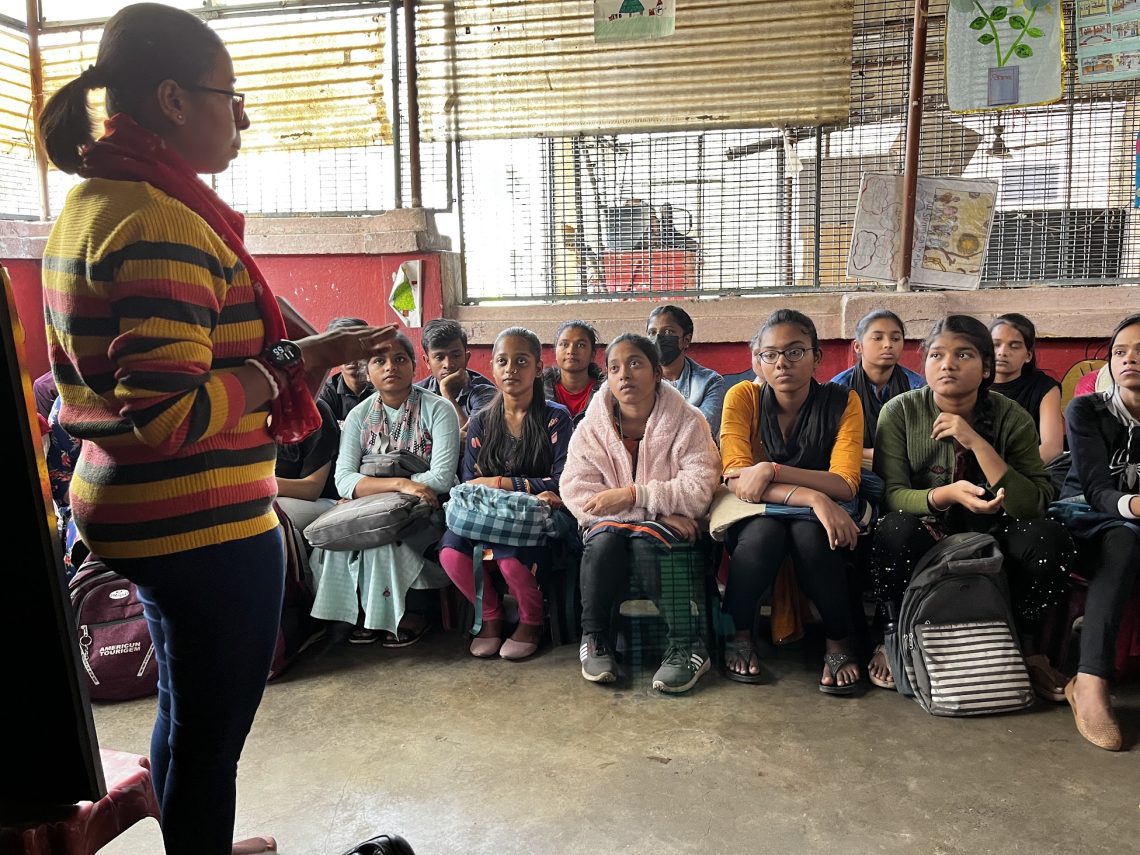"I couldn't help my friend when he committed suicide," says Rahul, 15, a student at Calcutta Rescue, his voice heavy with regret. Rahul has lost his best friend, who was not a student of Calcutta Rescue, and struggles with the guilt of not being able to save him. "Even after I asked him countless times, he never told me how bad it was," Rahul says. His friend lived in a toxic home environment and often confided in Rahul to tell him about his abuse. "But before it happened, he became silent. He was still smiling, and I had no idea he was feeling so bad."
Suchandra, the mental health counsellor at Calcutta Rescue, explained: "He may have suffered from depression due to the toxic environment at home and thought that self-harm and ending his life were the only solutions. It is not uncommon for young people to engage in undesirable behaviors, such as freaking out, isolating themselves, or making risky decisions. Growing up is hard, increasing responsibilities are stressful, and adolescence is often difficult to manage your feelings.

At Calcutta Rescue, we place a strong emphasis on mental health counseling with regular sessions on anxiety, depression, self-harm, teenage issues, body image, and bullying prevention. Our students are becoming more and more aware of the problems they are facing and are encouraged to talk openly about their problems. "Boys are often told to keep quiet and not show weakness. But through our workshops at Calcutta Rescue, we've learned that it's okay to express feelings. Self-harm is often due to suppressed feelings," Rahul adds. "Now I wish he was also a student of CR. Then at least he would have the teachers he could talk to.
Counsellor Suchandra said: "The pressures of responsibility, emotions and relationships can be particularly strong in teenagers and young adults. Their brains are still developing, and it's common for young people to act irrationally or engage in risky behavior. Most of this is quite normal as young people develop and begin to mature.
In May, Mental Health Awareness Month, it is crucial to understand the importance of mental health counselling for everyone. Psychosocial support can save lives. Suchandra explains: "When young people learn to deal with intense feelings or calm down in difficult situations, they are likely to feel better in their own skin. Managing life's little worries so they don't become big problems and doing things they're afraid of instead of avoiding awkward situations is good for their mental well-being."

